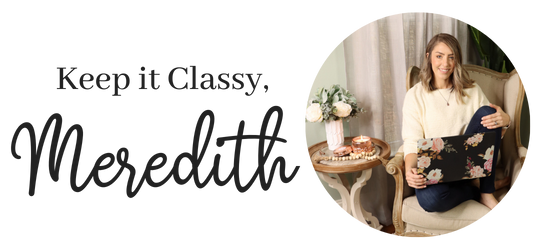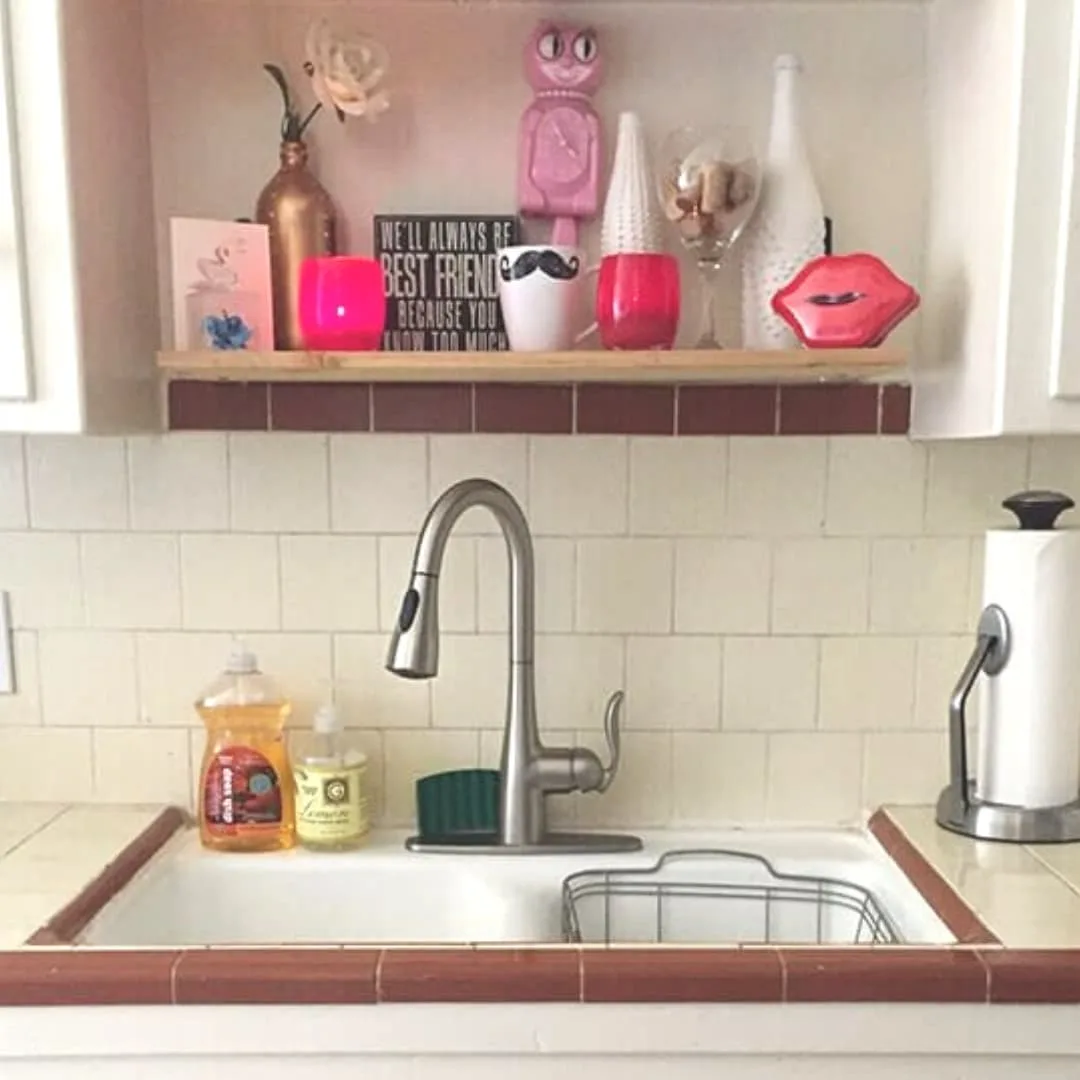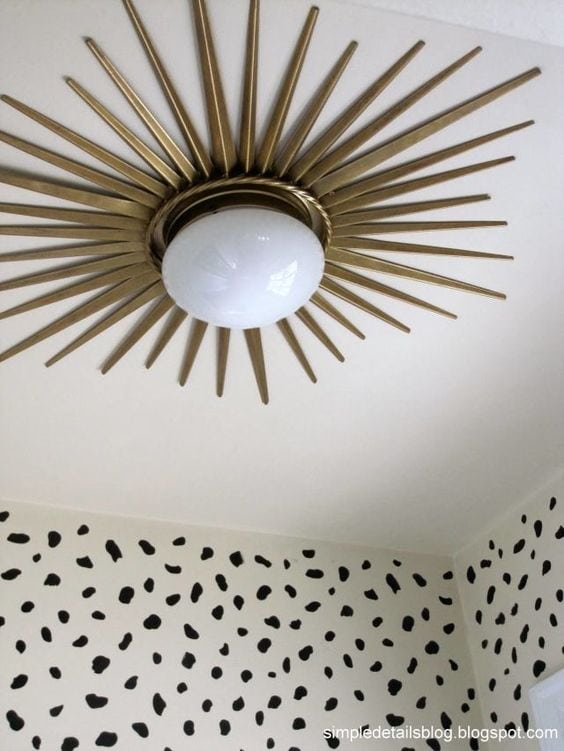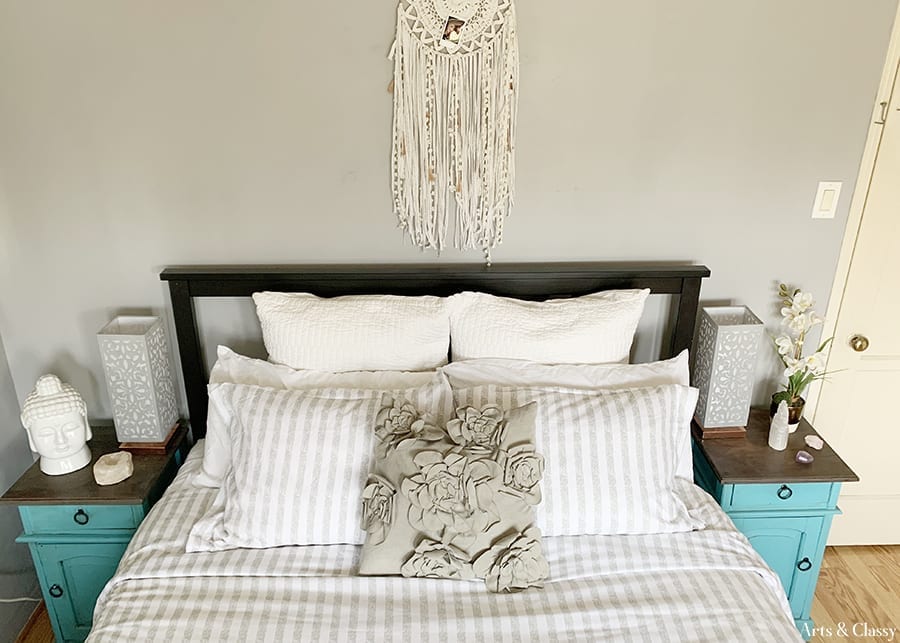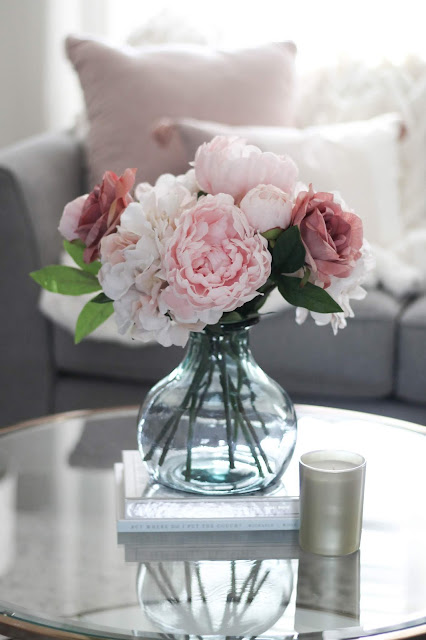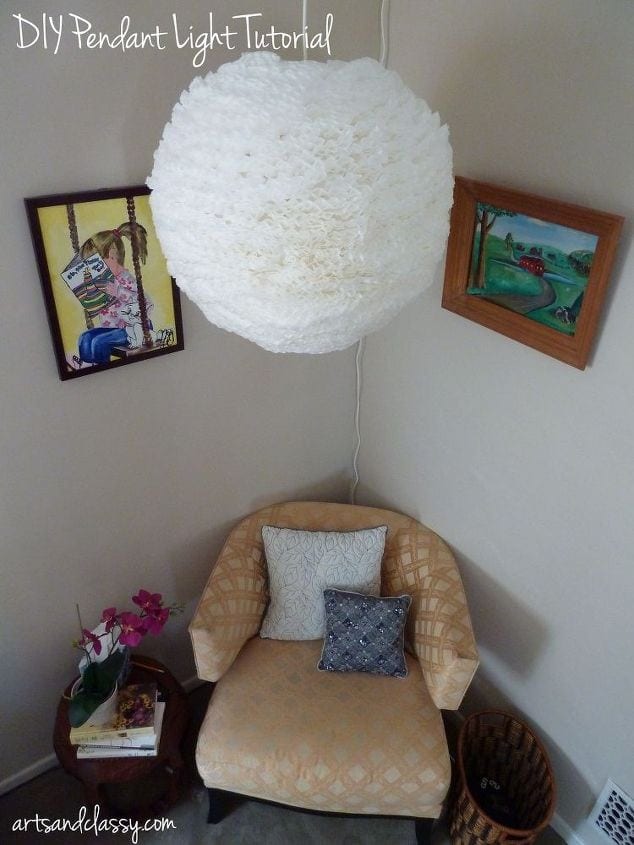Renting vs Buying: Finding the Perfect Balance for Your Home Goals
Are you dreaming of homeownership as a renter, or are you a potential buyer carefully weighing your options? Finding the perfect balance between renting and buying is crucial for achieving your home goals. In this blog post, we’ll delve into the long-term aspects of renting vs buying, exploring the advantages and considerations of each option. From building equity to monthly expenses, we’ll guide you in making an informed decision that aligns with your vision of the ideal home. So, let’s dive in!
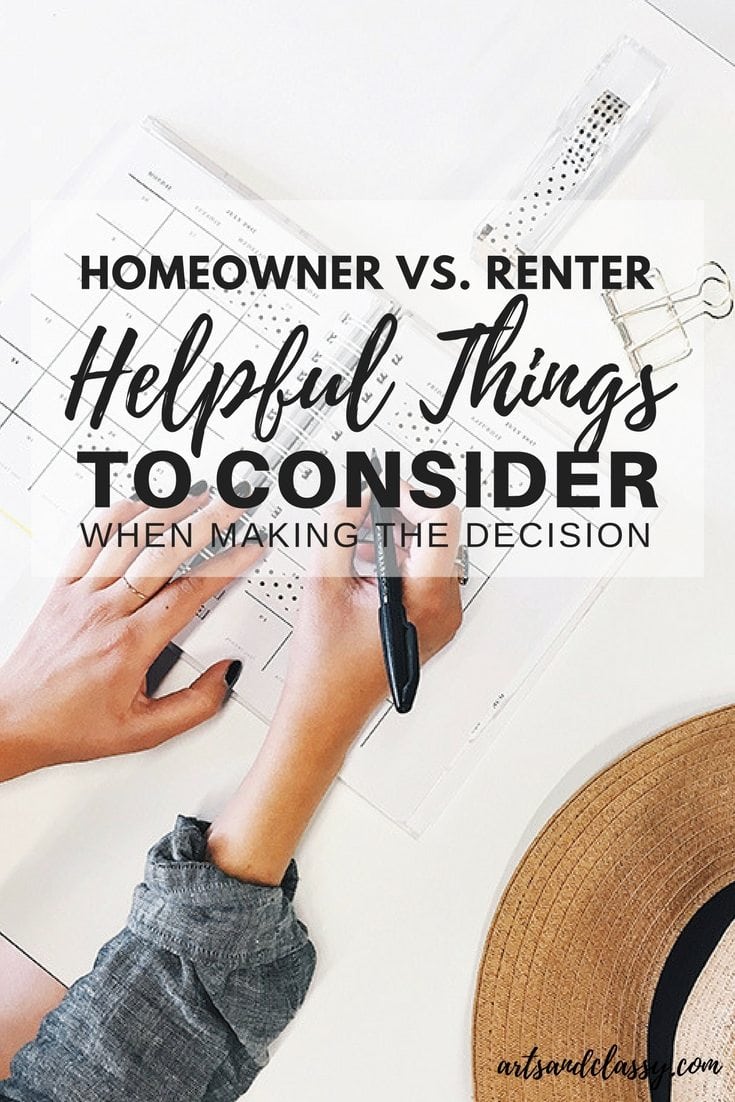
Understanding Affordability:
One of the key factors in deciding between renting and buying is affordability. Renting may feel like money wasted, which could instead be used to build equity. However, purchasing a home entails a significant financial commitment, requiring a substantial upfront investment. So, how can you determine if buying a home is within your means?
To get a quick estimation, multiply your salary by two and a half times. Ideally, your home should cost no more than that. But remember to consider other financial factors as well, such as your take-home pay, existing debt, and additional expenses. It’s essential to leave some room for unexpected costs in your budget too.

Calculating Your Costs:
When considering homeownership, you’ll need to calculate your down payment for the home purchase price and the mortgage you can comfortably afford. Generally, a down payment of around 20% is recommended to secure a better interest rate on your mortgage. If you do less than 20% you will have to factor in PMI as an additional monthly payment added to your mortgage and paying down principal.
Various online tools can assist you in determining what you can afford and whether buying or renting is the best option for you. Don’t forget that there are inspections, closing costs, repairs, homeowner association dues (if applicable), property taxes, and insurance to factor into this decision. With renting you would want to factor in your security deposit and monthly rent payments.
Renting: Flexibility and Freedom
Renting provides unparalleled flexibility, allowing you to explore different neighborhoods, lifestyles, and property types without the long-term commitment of homeownership. It’s an excellent choice if you’re not ready to settle down or prefer a more transient lifestyle. Moreover, rental properties often include maintenance services, relieving you of the responsibilities of repairs and upkeep.
However, renting does have a downside—it doesn’t directly contribute to building equity. Nevertheless, the freedom and flexibility of renting can offer you the opportunity to invest in other areas, such as your career or personal growth, which can yield long-term financial benefits.
Buying: Building Equity and Creating a Home
Homeownership presents the chance to build equity as you make monthly mortgage payments. Each payment is an investment in yourself and your future, potentially leading to substantial wealth accumulation as your property value appreciates over time.
Furthermore, owning a home allows you to personalize your living space, bringing your vision of a dream home to life and improve your home value. From custom home renovations to landscaping projects, you have the freedom to create a place that truly reflects your style and preferences. The emotional satisfaction and stability that come with owning your own home are unmatched.
Considering Monthly Expenses and Costs
When comparing renting and buying, it’s crucial to consider the financial aspects. Rent payments are typically fixed and predictable, facilitating better budgeting. In contrast, homeownership entails additional costs such as property taxes, insurance, maintenance, and potential HOA fees.
Although monthly mortgage payments may initially be higher than rent payments, it’s important to remember that homeownership allows you to build equity and potentially benefit from tax deductions. Owning a home can provide long-term financial stability and security, even if the upfront costs seem more significant.
Finding the Perfect Balance:
Ultimately, the decision between renting and buying depends on your personal circumstances and goals. To help you find the perfect balance, here are some important factors for your consideration of costs of homeownership vs renting:
- Evaluate your long-term plans: Consider whether you’re ready to settle down or prefer flexibility and adaptability.
- Assess your financial situation: Determine what you can comfortably afford, considering your current income and future prospects.
- Explore the real estate market: Conduct thorough research on property values, rental rates, and market trends to make an informed decision.
- Calculate the costs: Compare monthly mortgage payments, rent payments, and additional expenses associated with homeownership.
- Seek professional advice: Consult with a real estate agent or financial advisor for personalized guidance tailored to your specific situation.
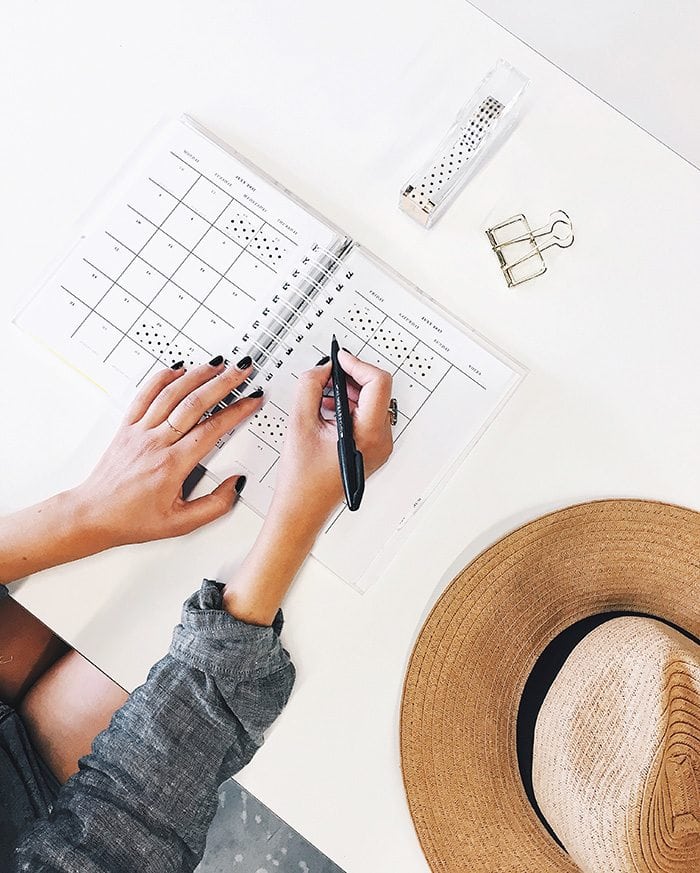
Opportunity Cost:
Affordability alone doesn’t dictate the best choice between renting and buying. It’s essential to consider opportunity cost—the benefits you might forego by choosing one option over the other. Renting may seem like wasted money, but you need to examine all the costs associated with owning a home, including the down payment, mortgage interest payments, upkeep expenses, and homeowner’s insurance compared to renter’s insurance.
Additionally, the money invested in a home could be allocated elsewhere, such as the stock market or bonds. Determining the most financially advantageous option depends on factors like the comparative costs of a mortgage and rent, the expenses linked to homeownership, and the housing market in your area. The New York Times calculator is a helpful tool that takes opportunity costs into account.
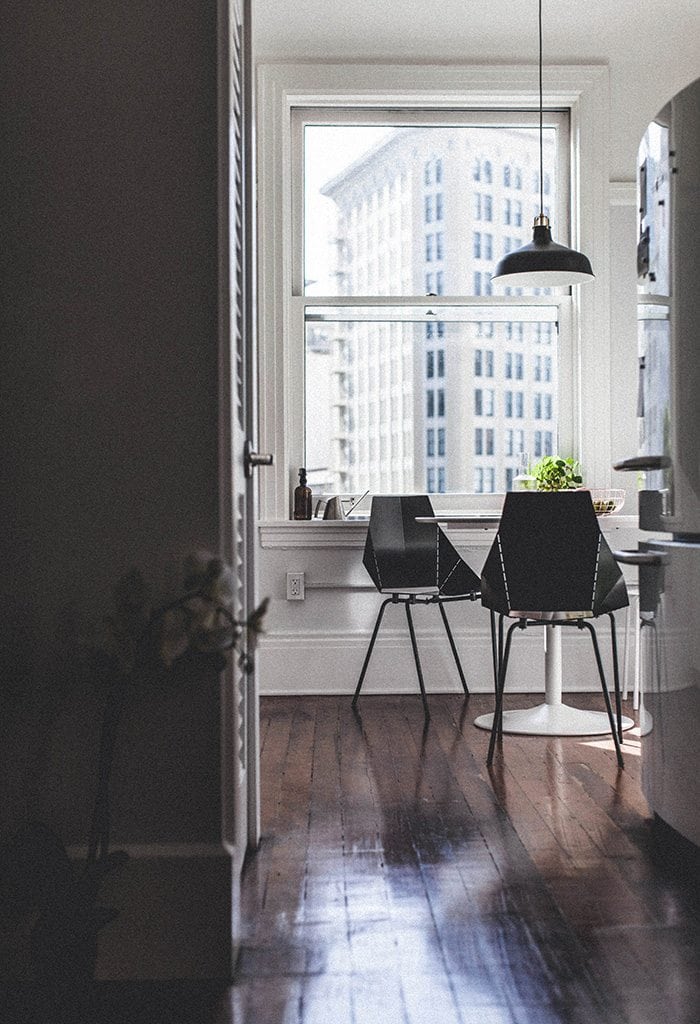
Personal Preferences:
Choosing between renting and buying isn’t solely a financial decision; it’s also deeply personal. For some, owning a home is a long-standing dream, and the value of ownership outweighs other factors. On the other hand, some individuals strongly dislike property maintenance and are willing to sacrifice certain benefits to avoid it.
Renting provides more flexibility, allowing for easier relocation at the end of a lease. If you have specific preferences regarding the type of home you desire, such as a stand-alone single-family house, renting may not be a viable option. Families, for instance, often prefer the stability of owning a home as they tend to avoid frequent moves.
When making your decision, strike a balance between financial and emotional factors. Remember, you don’t need to buy a house just because you can afford one. However, always ensure you can afford homeownership before committing to it. Calculate what you can comfortably manage and make a choice that brings you happiness while maintaining your financial stability.
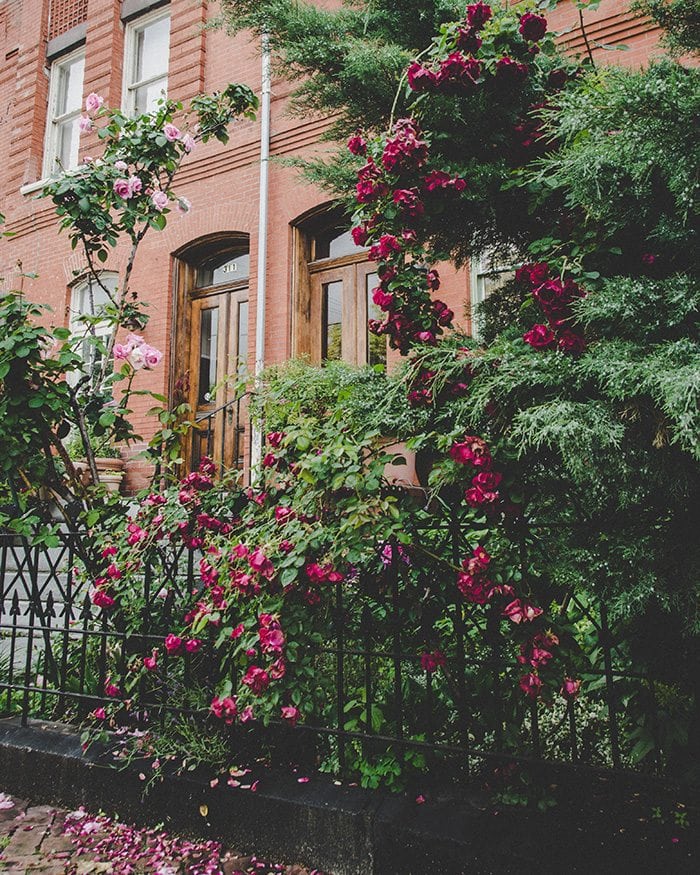
As you navigate the renting vs buying dilemma, remember that there’s no one-size-fits-all solution.
It’s crucial to consider your long-term goals, financial situation, and personal preferences when making this decision. Renting offers flexibility and freedom, while buying provides the opportunity to build equity and create a home that reflects your style.
Ultimately, finding the perfect balance between renting and buying means aligning your home goals with your financial aspirations. By carefully weighing the advantages and considerations of each option, you can make an informed choice that sets you on the path to achieving your dream home.
I hope this post has provided valuable insights into the renting vs buying dilemma. Don’t forget to explore my other DIY home tips, apartment decorating ideas (that are landlord approved) for more inspiration. Until next time, happy homemaking!
If you enjoyed this post about renting vs buying, you may also like:
